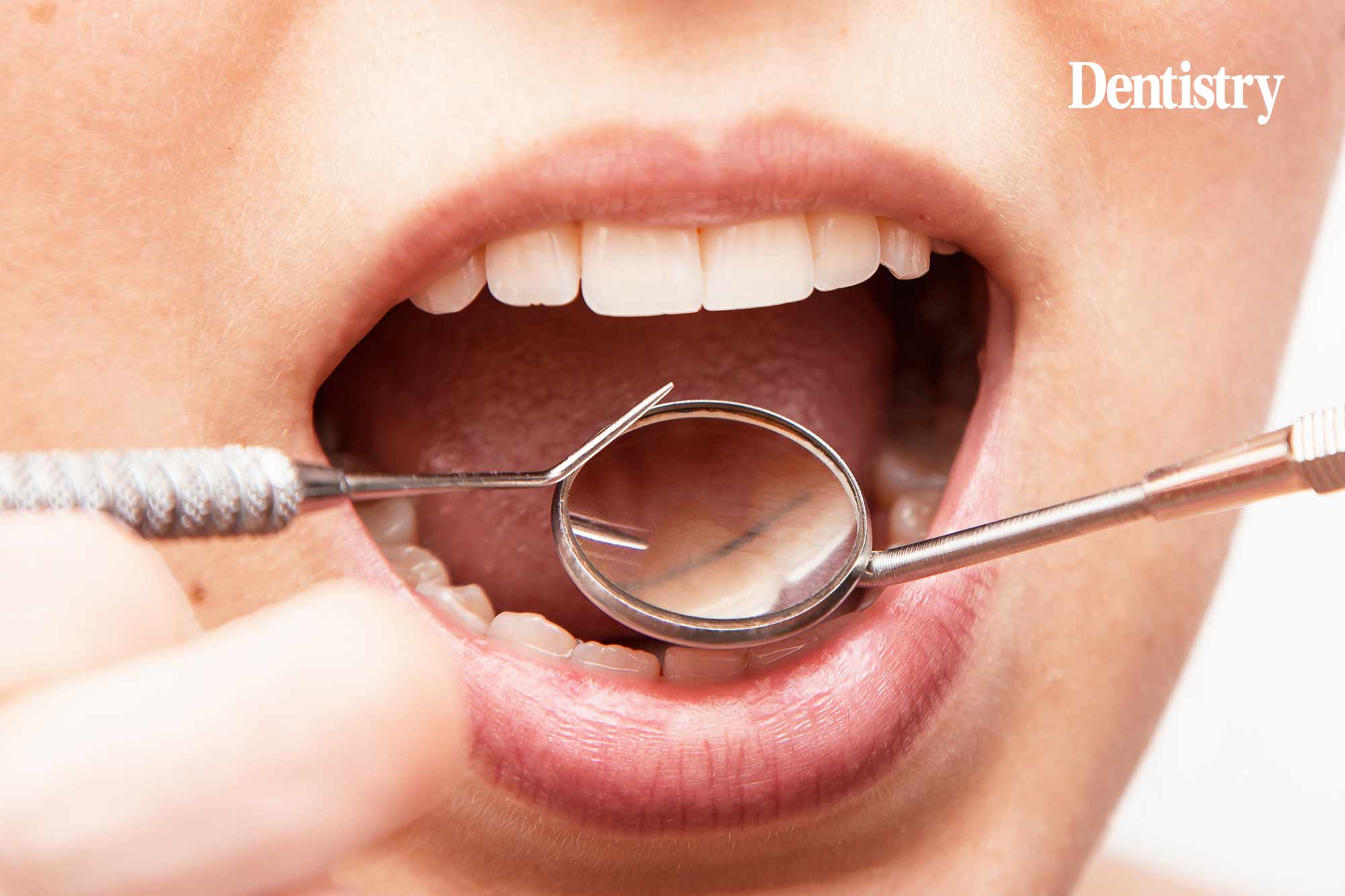
Paul Lambden reminds readers of their legal responsibilities around periodontal disease.
Periodontal disease is a chronic multifactorial inflammatory condition that damages the supporting structures of the teeth. It is characterised by loss of the connective tissue attachment, tissue destruction and the disappearance of the junctional epithelium.
Periodontal health should be a priority for all our patients. Not only does it result in tooth loss, but patients with periodontitis or a history of periodontitis are also more likely to suffer implant failure.
From a dental defence perspective, claims for periodontal neglect are one of the fastest growing areas and they are often difficult to defend. Claimant solicitors are often able to demonstrate breach of duty – and the total costs of settlement can be very substantial.
Screening
Periodontal neglect is avoidable. To be safe, it is essential for all dentists to include periodontal screening, identification of disease, appropriate management and referral if appropriate.
Screening requires an accurate basic periodontal examination (BPE). Always ask about smoking, hygiene practice, stress and diet. Review the restorations, any occlusal issues, and generalised condition such as diet and obesity. Family history may also be relevant.
The BPE is a rapid, simple screening tool, but it must be performed accurately. It is the minimum standard for periodontal assessment: never fail to do one at every new patient exam and regularly thereafter.
Any BPE returning figures of three or four require more detailed investigation including detailed pocket charting. Appropriate periapical radiographs are mandatory: it is impossible to diagnose without radiographs. Crestal bone, full root length, and the pattern of bone loss are likewise essential.
Management
Managing periodontal disease requires detailed oral hygiene advice and intensive hygiene therapy. A scale and polish is not an intensive hygiene therapy for periodontal disease. If treatment is provided within the practice and there is no improvement within a reasonable time, appropriate referral should be made.
Periodontists often see cases where referral has been delayed for long periods. Any patient who is not improving after initial intensive therapy, has non-healing sites requiring surgery, or displays intrabony defects, exposed furcations or deep pockets must be referred.
It is vital that all detail of the periodontal condition is fully documented. The dental record must contain details of risk factors, accurate and consistent BPEs and clear detail of any non-surgical treatment instituted.
The claimant solicitors will claim for the avoidable loss of any teeth where periodontal disease has progressed unchecked. They will also claim for their replacement – usually with implants and crown or bridge superstructure – and the replacement and maintenance of those restorations on a 15- to 20-year cycle.
For the defence organisation, the costs claimed by the patient’s solicitors may in some cases exceed £100,000.
Keeping safe
Always check the periodontal status of new patients and at regular examinations
Ensure oral hygiene is pursued and documented
Typically, BPEs of one to three may be treated in general practice
BPEs of four should usually be referred, and always in patients under 35, who smoke more than 10 cigarettes a day or have relevant medical conditions, or whose periodontal state is deteriorating rapidly (more than 2mm attachment loss in one year).
When referrals are made, they may be to an NHS service or to a private periodontist. Many dentists struggle to obtain NHS periodontal referrals.
They may also be rejected because of non-compliance with the British Society of Periodontology referral criteria. It is also essential to ensure that there is patient engagement for what will be lifetime maintenance.
Never be dismissive of evidence of periodontal disease of any sort. Examine, diagnose, advise, treat appropriately and refer as necessary. And crucially, record everything in the notes.
For more information visit www.densura.com or email [email protected].


